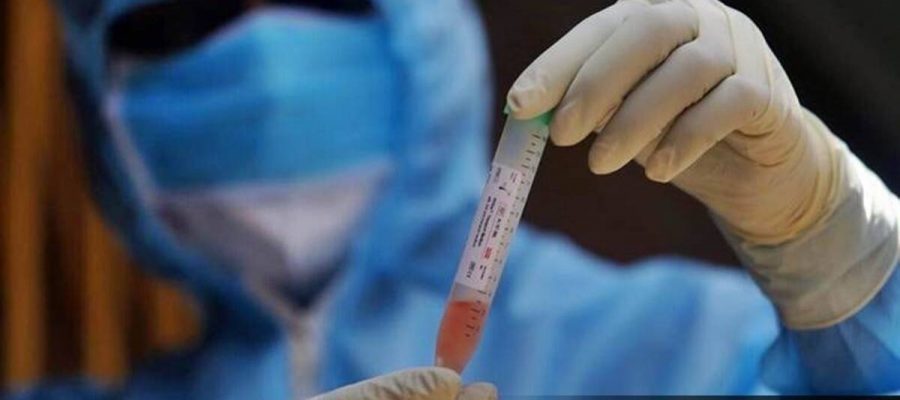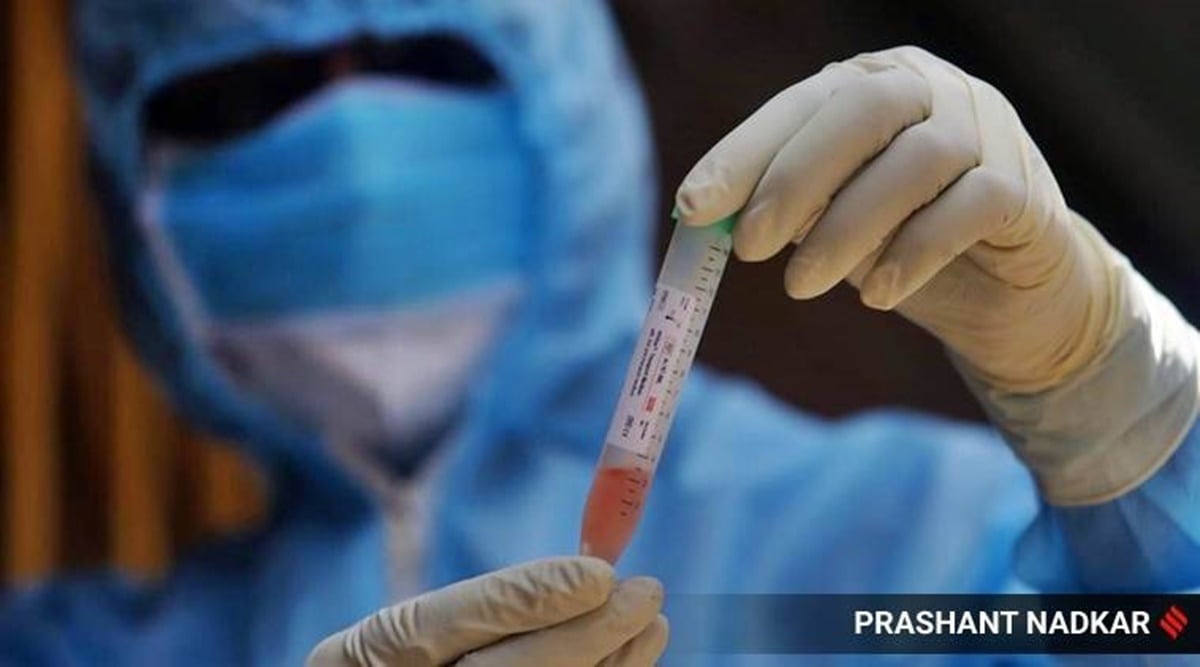The SOP states that all international travellers have to submit a self-declaration form on the Air Subidha portal before their travel, among other measures.
To reduce the risk of importing new mutant strains of SARS-CoV-2, the Ministry of Civil Aviation has issued a set of fresh guidelines Wednesday for all international passengers arriving in India. The new SOP, which will come into effect at 11.59 pm on February 22, includes a multi-pronged strategy of screening and testing to identify and isolate at-risk international travellers.
The SOP states that all international travellers have to submit a self-declaration form on the Air Subidha portal (www.newdelhiairport.in) before their travel. They should also upload a Covid-negative RT-PCR report, with the test having been conducted within 72 hours prior to undertaking the journey. Each passenger should also submit a declaration regarding the authenticity of the report and will be liable for criminal prosecution if found otherwise, the guidelines state.
Only those travelling to India in case of emergencies such as death of a family member will be allowed to arrive without a Covid-negative report. However, they should seek exemption on the online portal 72 hours prior to boarding.
During the journey, all passengers should wear masks, observe social distancing norms and have downloaded the Aarogya Setu app. After deboarding, the passengers will have to undergo thermal scanning and show officials the self-declaration online form they had filled. Those found symptomatic during screening will be immediately isolated and taken to medical facilities.
People who have returned to the country after taking international flights have been advised to self-monitor their health condition for a period of 14 days. They will be provided numbers of national- and state-level surveillance officials who they can contact if they display symptoms later.
International travelers arriving through sea ports or land ports have been advised to follow the same set of guidelines. However, there is no facility for online registration for these passengers and they will have to submit the self-declaration forms to the concerned authorities on arrival.
For all international travelers coming from or transiting through flights originating from the UK, Europe and Middle East, the clauses on testing, quarantine and isolation are different. Apart from submitting the self-declaration form online and carrying the Covid-negative report, they will have to mention their travel history for the past 14 days. They also need to mention when they plan to disembark at the arrival airport or take further flights to India.
The SOP states that airlines should inform passengers that there can be a transit time of 6-8 hours at the airport as passengers from the UK, Brazil and South Africa, who need to take connecting flights, have to undergo testing.
The guidelines further add that airlines should identify travellers arriving from or transiting through the UK, South Africa and Brazil and segregate them during the journey and while deboarding. These travellers will have to give their samples for testing before exiting the airport. The state or airport authorities will inform them about their report later. If they test negative, they will remain in home quarantine for seven days, after which they will be tested again. A second negative report will mean they can come out of their quarantine but need to continue to monitor their health for the next seven days.
However, if they test positive, they have to undergo treatment as per standard health protocol, the SOP states.
The guidelines have been issued at a time when five persons, who returned recently to India, have been detected with the infectious Covid-19 variants found in South Africa and Brazil.
Dr Balram Bhargava, Director General, Indian Council of Medical Research (ICMR), has said the Indian SARS-CoV-2 Genomic Consortia (INSACOG) had detected the South Africa variant, associated with the faster spread of novel coronavirus infection, in four persons in January, while another person had been detected with the infectious Brazil variant of SARS-CoV-2 virus earlier this month.
Source: Read Full Article


